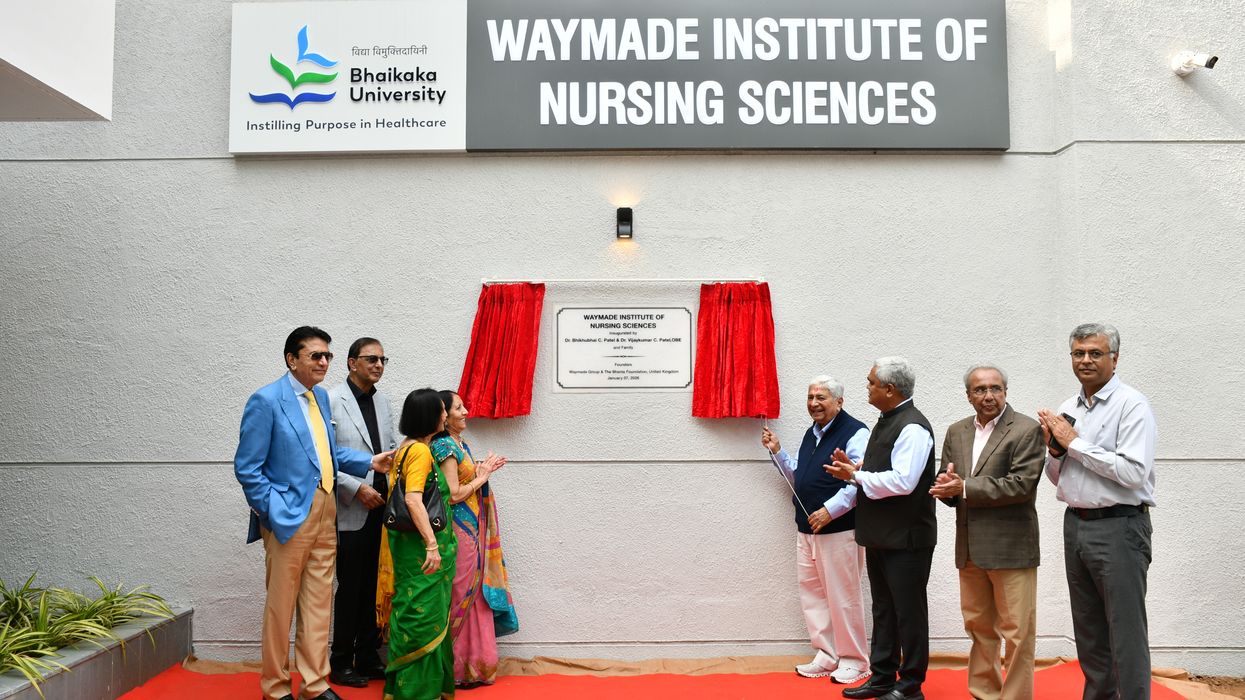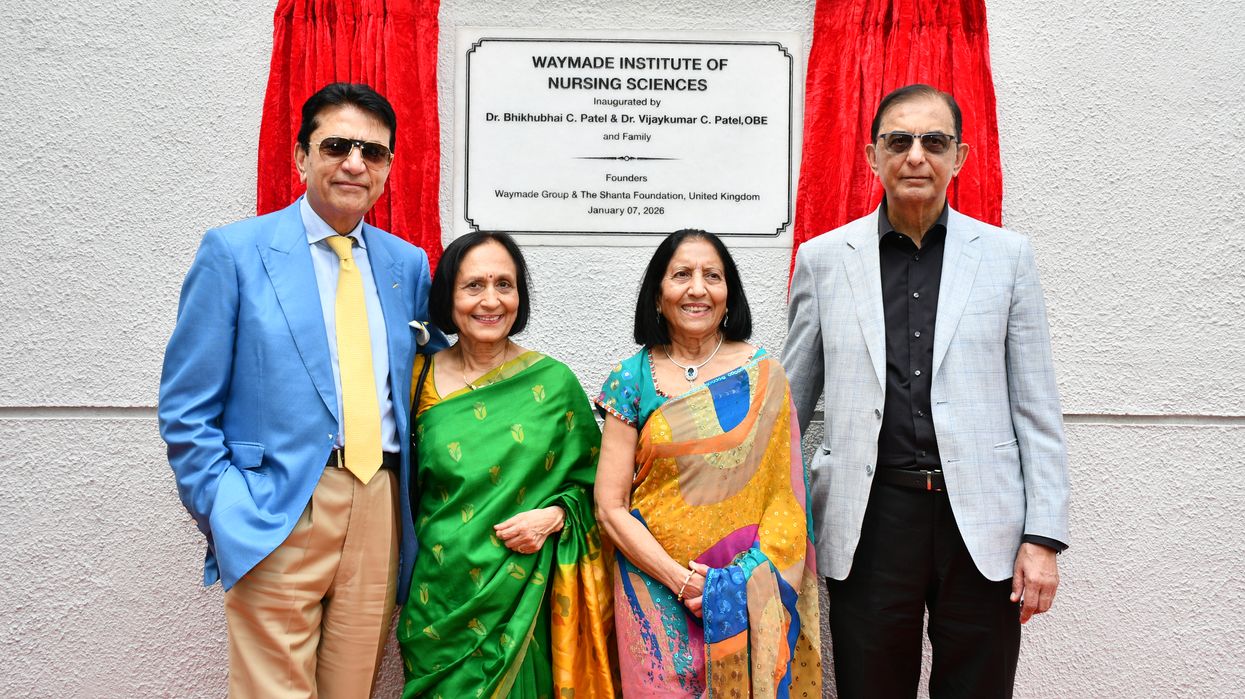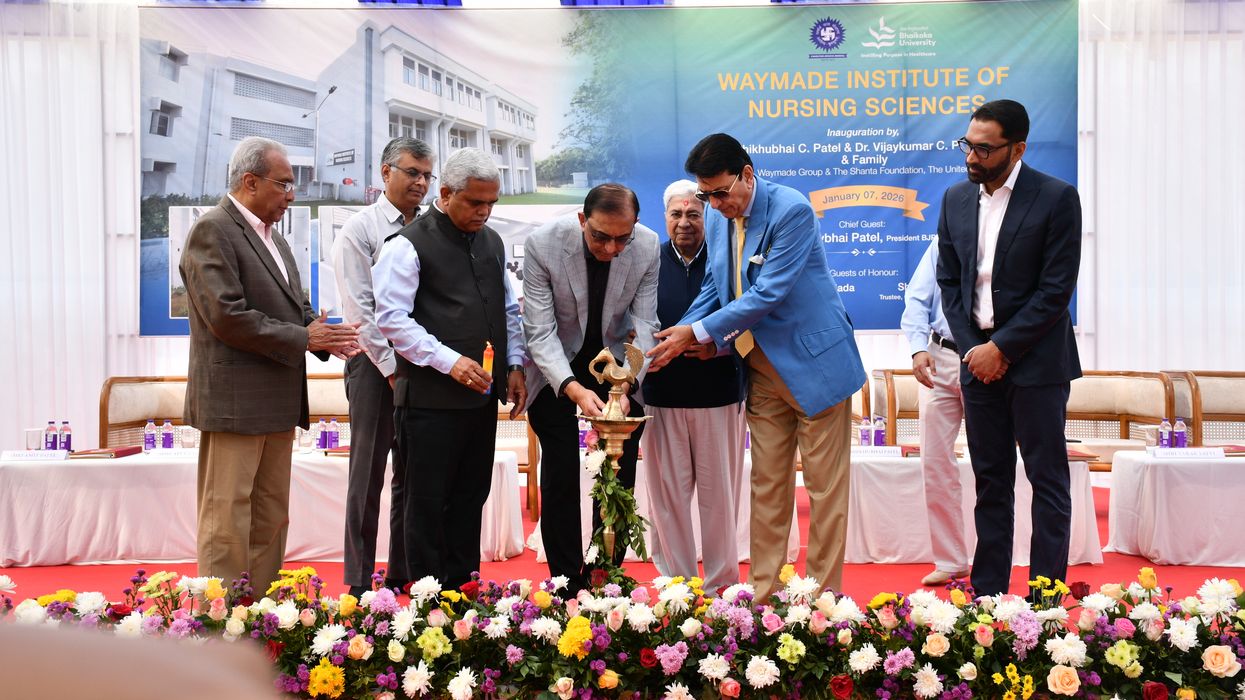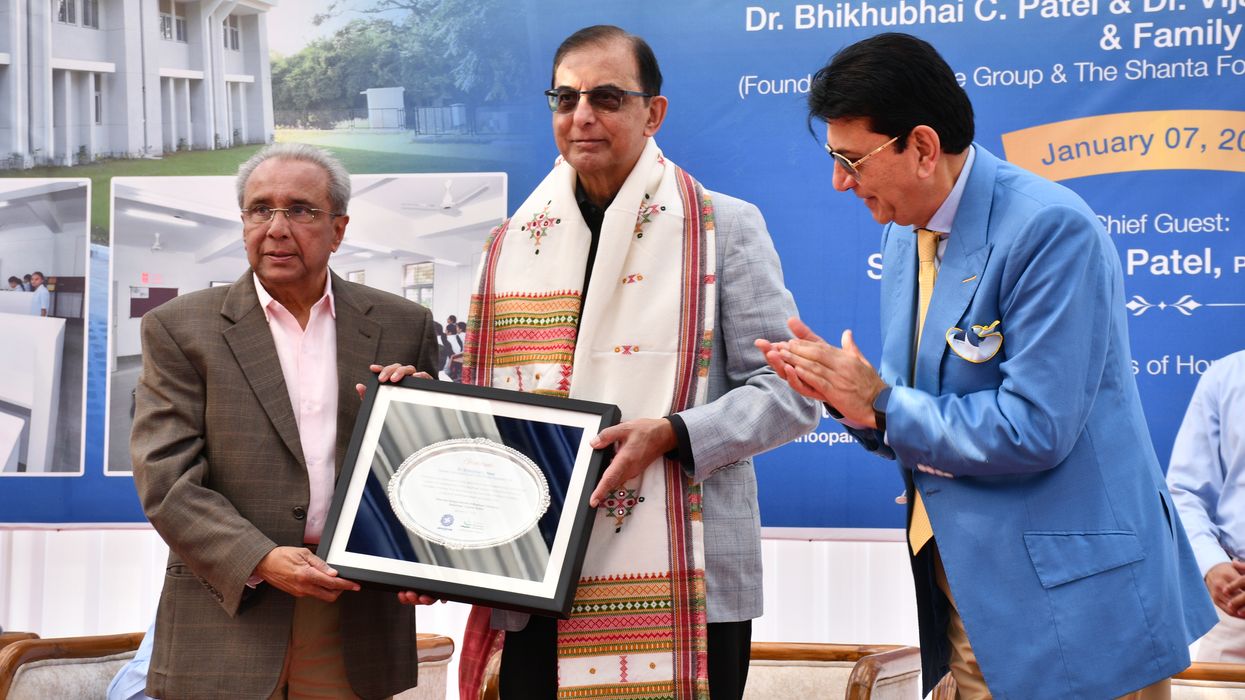By Amit Roy
NOBEL Prize winner Amartya Sen has been awarded the 2017 Johan Skytte Prize in Political Science worth 500,000 Swedish krona (about £44,000) by Uppsala University, one of Europe’s most prestigious seats of learning.
The prize is given “to the scholar who in the view of the (Johan Skytte) Foundation has made the most valuable contribution to political science”, last week’s announcement said.
“I do of course feel happy to be awarded a political science prize even though perhaps it is not really deserved!” professor Sen, 83, told Eastern Eye. He is the first Indian winner.
Explaining the choice of winner this year, Michal Smrek, information officer at the Skytte Foundation, said: “The prize was overdue.”
It was acknowledged that a prize for political science was being given exceptionally to an economist, but Smrek pointed that the judges felt that Sen's work had profoundly influenced the study of political science.
“In every undergraduate course in political science his books are studied,” said Smrek.
In the citation, it said Sen, who is a Thomas W Lamont Professor at Harvard University, is “awarded the prize for his multi-sided scholarship, combining insights on the vulnerabilities of humankind with knowledge on the unique capacities of democratic political power to mitigate and diminish this exposure”.
It added that Sen used money from the Nobel Prize for economics he won in 1998 “to start the Pratichi Trust in India and Bangladesh that works to improve women’s access to education and health care”.
“Sen is an economist by training, but his conviction that democratic institutions play a fundamental role in making a difference in people’s lives makes him a worthy recipient of this highly esteemed Prize in political science,” the citation went on.
“His notable scholarly works include Poverty and Famines (1981) where he explores the link between famine and lack of democracy and highlights the crucial role democracy plays in alleviating extreme poverty. In Development as Freedom (1999), he argues that political, social and economic freedoms are both the means and the ends of development.
“He sees development not only in one’s material well-being, but also one’s ability to make free choices and act independently on them. In his 2009 book, The Idea of Justice, Sen addresses questions of how justice may be increased or how injustices may be removed, rather than offering resolutions of questions about the nature of perfect justice. Sen’s contribution spans the fields of political economy, social choice theory, public health, political philosophy, as well as the sub-discipline of development studies.”
Uppsala University, ranked among the 100 best in the world, was founded in 1477 with the Latin motto, Gratiae veritas naturae (Truth through the grace of God and through nature).
In 1622, Johan Skytte, then Vice-Chancellor of the university, made a generous donation and established the Johan Skytte chair in Eloquence and Government, which is “probably the world’s oldest active professorship in political science.
The lands included in the original donation continue to finance research and the Johan Skytte Prize”.
Although the prize, started in 1995, is meant to be open, all but three of the winners have been academics in America – and the three have been in Germany and Italy.
Uppsala has some strong Indian links.
During his state visit to Sweden in June 2015, the first by an Indian president, Pranab Mukherjee went to Uppsala University, where he gave a well-attended lecture, “Tagore and Gandhi: Do they have Contemporary Relevance for Global Peace?”
Tagore, who won the Nobel Prize for Literature in 1913, the first non-European to do so, was feted when he visited Uppsala in 1921 during his first visit and even spoke in the same magnificent hall as the president. Tagore returned to Sweden in 1926.
In 2014, the university installed Tagore’s bust and also signed an agreement with the Indian Council for Cultural Relations for a chair in Indian Studies.
Tagore and Sen come from the same village in India's West Bengal state - Santiniketan. It is now the site of Visva-Bharati University, which was started by Tagore in 1921 on land donated by Lord Sinha of Raipur, the only foreigner ever to have been given a hereditary peerage in the House of Lords. Tagore invited members of the Swedish Academy and scholars to visit him in Santiniketan – which they did.
Uppsala university, which has about 44,000 registered students and 2,300 doctoral scholars, prides itself on the fact that 28 per cent of its 716 professors are women.
In fact, the chair of the six-strong judging panel which picked Sen is a woman – Li Bennich-Björkman, the current Johan Skytte Professor in Political Science and Eloquence.
Sen said he will collect the prize in person, at the ceremony which will take place in Uppsala in Sweden on September 30.
It will start with a solemn wreath laying ceremony and music recital in Uppsala Cathedral before moving to a more select gathering of 120 academics.
It is hoped Sen will be deliver a lecture which is open to the public and traditionally held at the University Main Building.





 The Patel family during the event
The Patel family during the event








